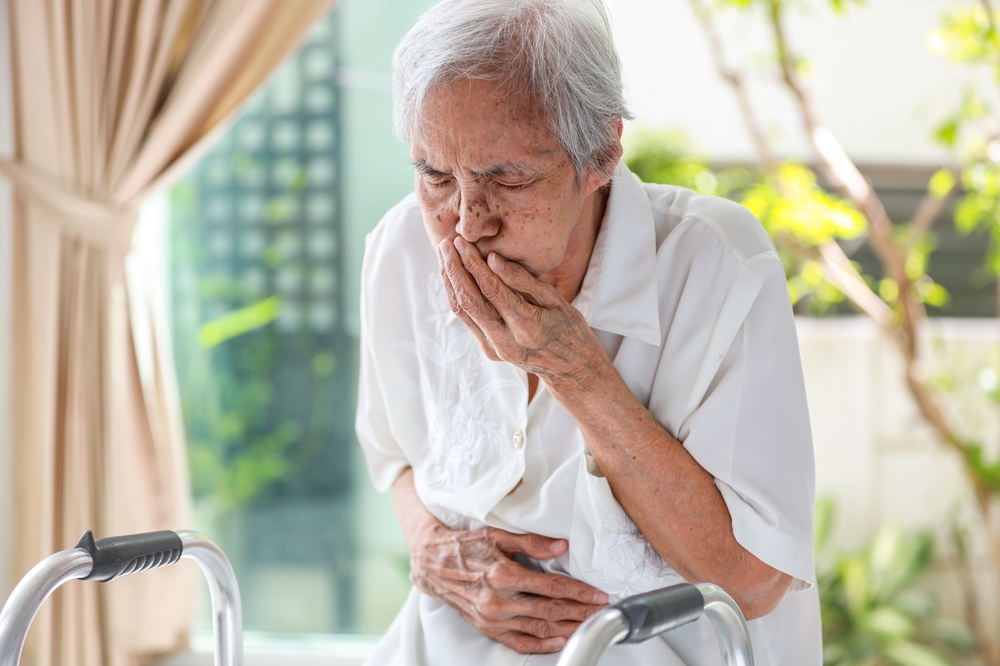The Benefits of Social Activities for the Elderly
Category:

Happy and healthy relationships lead to happy and healthy living. But don’t just take our word for it! Studies have shown that cognitive function declines rapidly when communication with others is not regularly maintained. And unfortunately, it doesn’t stop there.
Social isolation – and the loneliness, boredom and decline in self-worth that come along with it – is a common risk factor for suicide among the elderly. In order to avoid this potentially dangerous path, make sure your loved one maintains the relationships he or she needs to live a rich, happy and meaningful life. To get started, here are some facts about the benefits of social interaction and the consequences of social isolation.
The benefits of social activities for the elderly include:
- Reducing the risk for cardiovascular problems, some cancers, osteoporosis and rheumatoid arthritis
- Potentially reducing the risk for Alzheimer’s disease and dementia
- Lowering blood pressure
- Decreasing stress
- Reducing the risk of mental health issues, such as depression and personality disorders
The risks of social isolation are:
- Feeling lonely and depressed
- Developing sore joints and weak muscles
- Having a greater risk of health problems
- Increasing blood pressure
- Potentially developing memory issues
Due to the natural decline in activity and obligations that comes with age, like getting up to go to work in the morning or driving the kids around, it can be difficult to maintain adequate social interaction. But it is far from impossible. Make it a point to think about ways you and/or your loved one can stay active. It can be as simple as making sure to leave the house once a day or getting into a daily walking routine (if health condition allows).
Subscribe
Date: 2018-01-03
Category:


